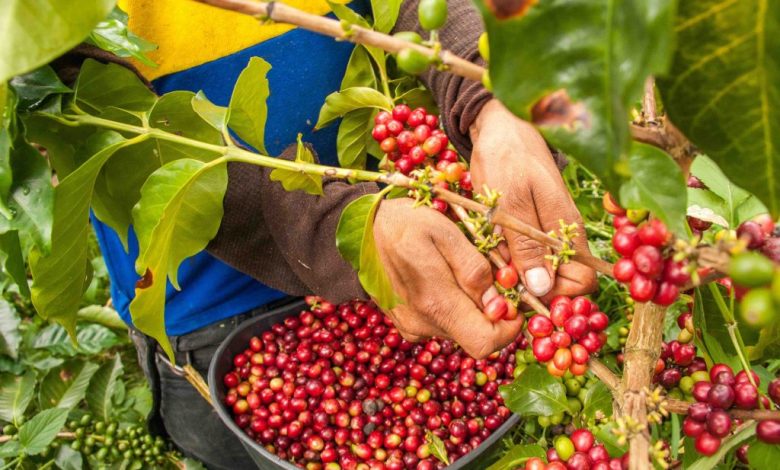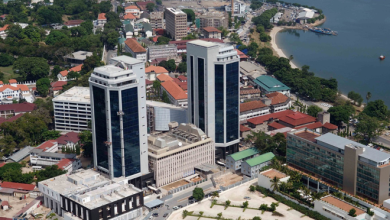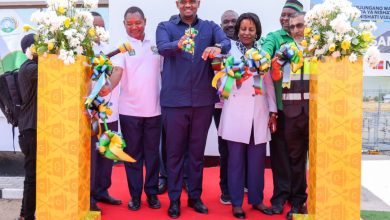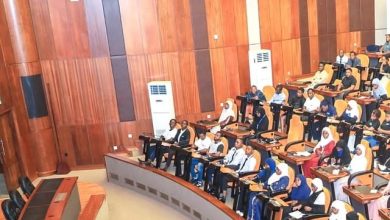Govt reaffirms commitment to coffee sector development

DODOMA: THE government has reaffirmed its commitment to positioning the coffee sector as a major driver of Tanzania’s national economy, unveiling ambitious plans to revitalise the industry.
Deputy Permanent Secretary in the Ministry of Agriculture (responsible for Cooperatives and Irrigation), Dr Stephen Nindi, made this declaration during the 15th Annual General Meeting of Coffee Stakeholders held in Dodoma.
He highlighted the government’s strategic Agenda 10/30, which aims to boost the crop sub-sector’s GDP growth rate to 10 per cent by 2030.
Dr Nindi stressed the importance of collaboration between government and stakeholders to achieve this goal and increase the sector’s economic contribution “To increase value addition, we need appropriate agricultural inputs, including high-quality seedlings,” he said, announcing a commitment to produce 20 million coffee seedlings annually, targeting a total of 100 million in the coming years.
The Deputy Permanent Secretary also noted a 16 per cent increase in coffee production over the past three years.
He urged the Tanzania Coffee Board, represented by Director General Primus Kimaryo, to ensure production aligns with market demand.
“Your performance should be demand-driven,” Dr Nindi said, emphasising the need to adapt to global market dynamics.
ALSO READ: KCU to double coffee collection to boost farmers’ livelihoods
To support growth, approximately 50,000 tonnes of fertiliser will be needed annually to improve both coffee quality and yield.
Addressing climate change challenges, the government is intensifying efforts to promote irrigation farming. So far, directives have been issued to drill water wells for coffee cultivation, with 10 wells completed in the Songwe Region and more projects underway.
On marketing, the deputy PS highlighted collaboration with the private sector to maintain Tanzania’s coffee quality in line with global standards.
“Tanzania currently ranks 15th globally and third in Africa in coffee production. We are now targeting the world market,” said Kimaryo, outlining the board’s strategy to strengthen the sector.
Tanzania currently produces around 85,000 tonnes of coffee annually, with plans to increase output to 300,000 tonnes, reflecting a positive outlook for the industry.
At the event, Tanzania Coffee Board Chairperson Professor Aurelia Kamuzora praised the strong collaborative spirit among stakeholders, united in their vision to elevate the coffee sector’s role in powering Tanzania’s economy.





